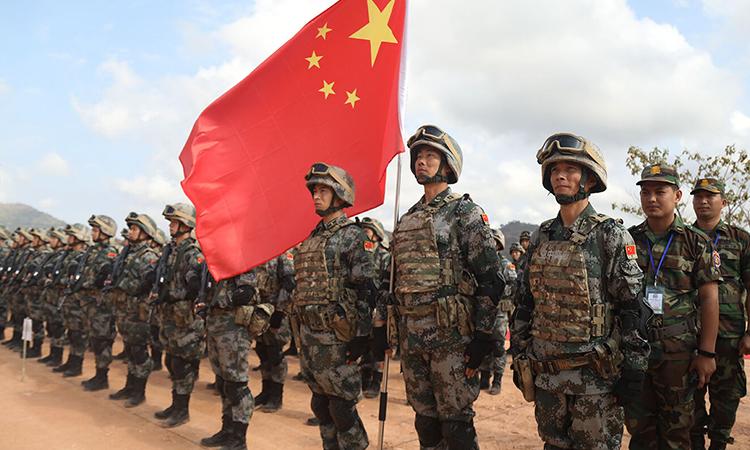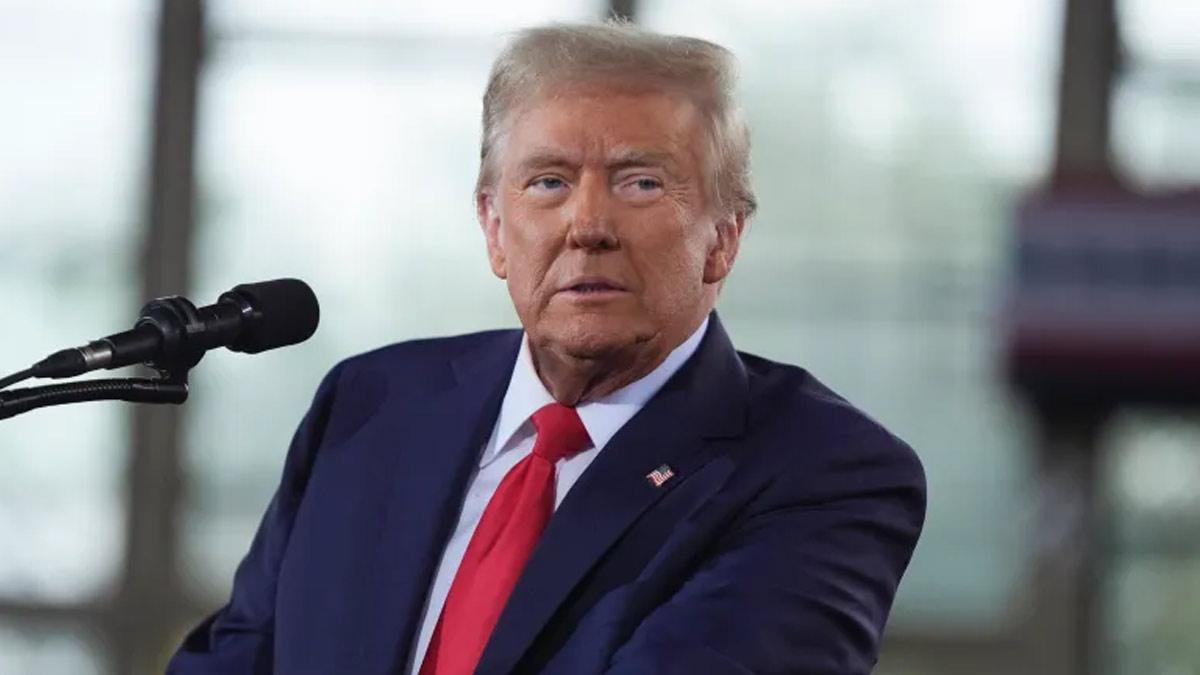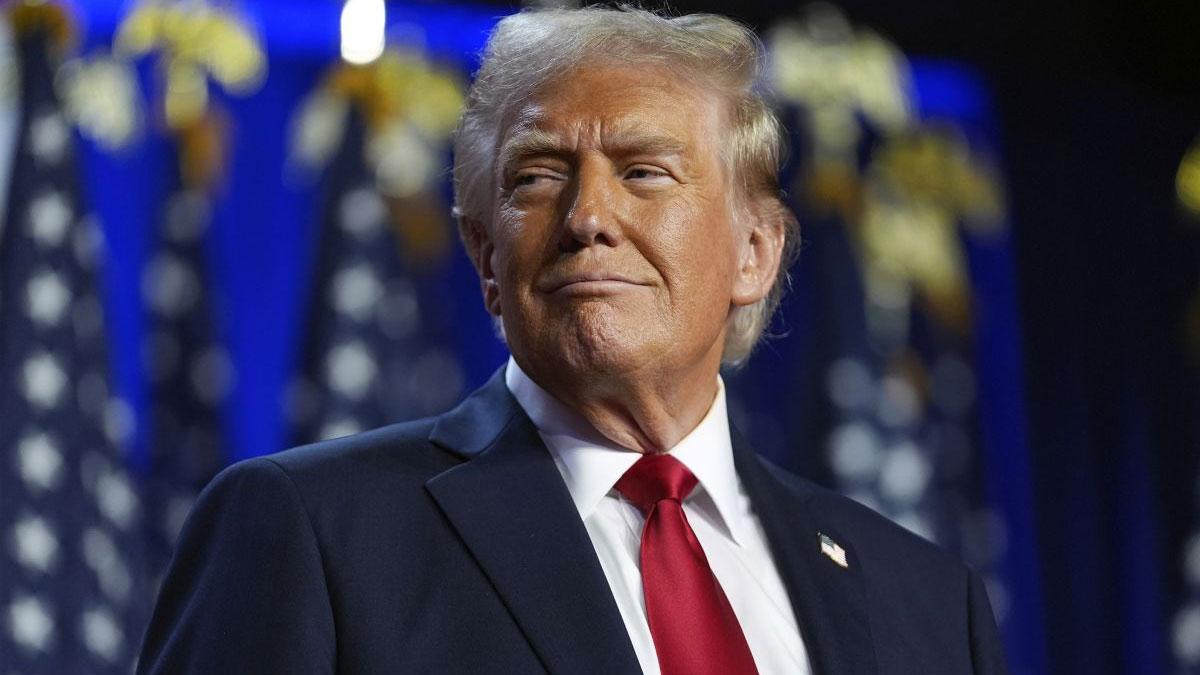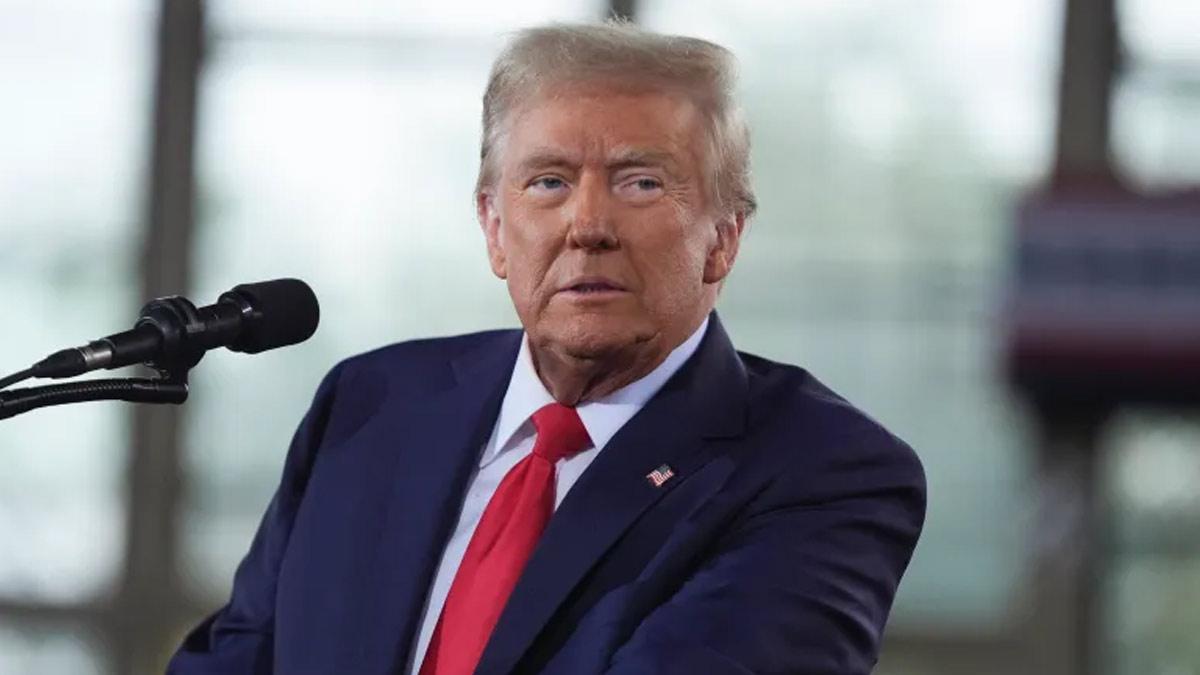The ruling Communist Party of China (CPC) on Tuesday revealed in a key resolution that the Chinese military has conducted major operations related to border defence and has also intensified combat training that will help the communist country build a modern armed force.
“Devoting intense focus to combat effectiveness as the sole criterion that matters most and to their fundamental purpose of being able to fight and win, the people’s armed forces have strengthened their strategic forces and new-domain forces with new combat capabilities, and they have improved command systems and capacity for joint operations,” the CPC resolution stated.
The CPC also acknowledged that the party's leadership over the People’s Liberation Army’s (PLA) was lacking for a period of time but now things have changed and the supremacy of the party has been restored.
“For a period of time, the party’s leadership over the military was obviously lacking. If this problem had not been completely solved, it would not only have diminished the military’s combat capacity but also undermined the key political principle that the Party commands the gun,” according to the resolution.
Also Read | US asks China to provide verifiable proof of Chinese tennis star's whereabouts
In China, the military system is supposed to operate under the command of the CPC leadership, while in other nations, the military operates under the government. As Xi Jinping is the current leader of the CPC and chairperson of the Central Military Commission (CMC), he holds the commanding post in the Chinese military, PLA.
With the resolution, unity between the government and military, and also between the military and civilians have been refined. It also disclosed that the mobility of the Chinese troops had improved.
Looking back at the achievements and historical experiences of CPC, the party said that the new resolution adopted is the third of its kind in a period of 100 years in the country.
The resolution was passed at the end of the four-day-long privately held CPC central committee in Beijing last week.
The key document of resolution suggesting transformation in the PLA has been issued at a time when border tensions between China and India at Line of Actual Control (LAC) in eastern Ladakh have been growing.
Although the document does not mention India directly but it specified that the PLA is preparing for wars along its land and maritime borders. Moreover, the country is facing land border disputes with India and Bhutan; maritime disputes over the conflicting claims in the South China Sea with several neighbouring countries and with Japan in the East China Sea.
“They (the military) have conducted major operations related to border defence, protecting China’s maritime rights, countering terrorism and maintaining stability, disaster rescue and relief, fighting Covid-19, peacekeeping and escort services, humanitarian assistance, and international military cooperation,” the document said.
“They have worked hard to address ‘peacetime ills’, vigorously strengthened training under combat conditions, and built strong, well-structured, and modern border defence, coastal defence, and air defence systems,” it added.
Also Read | China ready for full-scale invasion of Taiwan
The CPC and CMC under the leadership of Xi Jinping, has improved their control over the vast armed forces of China, the resolution revealed.
The resolution named four top generals who were punished for corruption during Xi’s ongoing reign. It included Guo Boxiong, Xu Caihou, Fang Fenghui, and Zhang Yang.


















